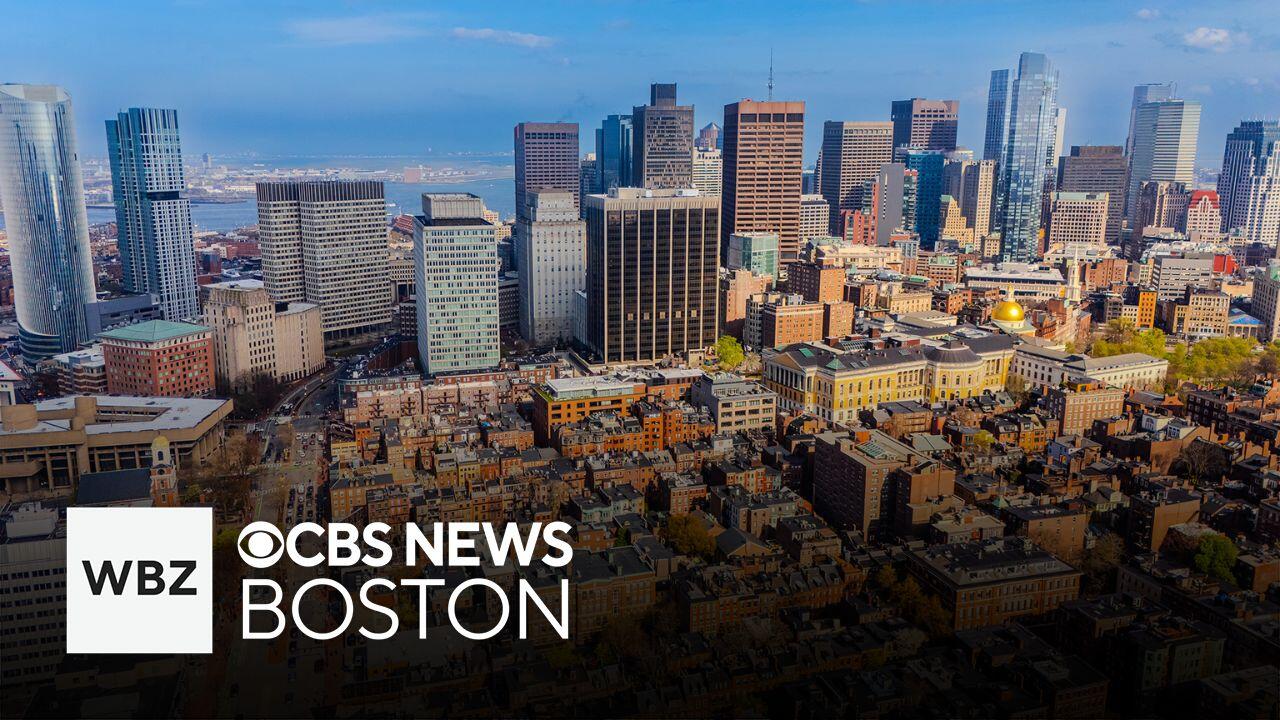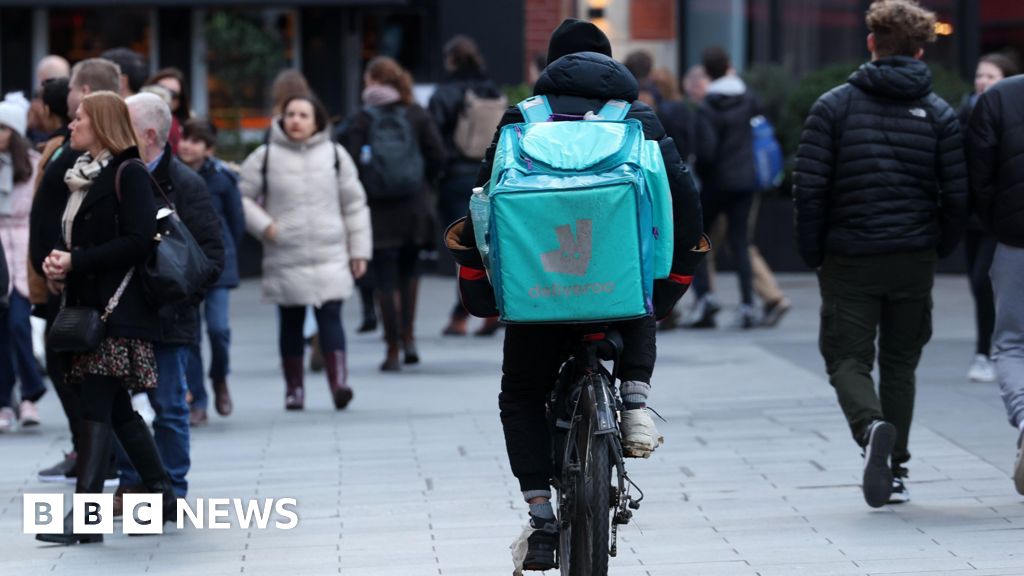Is extreme heat the new normal in Boston?

If Tuesday's heat felt unbearable, you're not imagining it.
Boston hit 102 degrees, the hottest June day in the city since 1872, according to the National Weather Service. That kind of heat is incredibly rare in New England, but it's part of a growing trend.
As greenhouse gas emissions rise, our summers are getting hotter, stickier, and more dangerous.
A warming trend you can feel
Temperatures aren't just rising during the day. Nights are getting warmer too, and that's a big problem. Without cooler nights, our bodies have less time to recover from daytime heat, increasing the risk of heat exhaustion, heat stroke, and even death.
In fact, heat is now the deadliest weather hazard in the U.S., according to the Centers for Disease Control and Prevention (CDC). Since 2009, more than 12,000 Americans died from heat-related illnesses.
The data behind the danger
New research from Climate Central shows that Boston's average summer overnight lows have increased by more than 2 degrees over the past 50 years. And the city now sees about 27 sweltering nights per summer.
These warmer nights can prolong heat stress, especially for vulnerable groups like the elderly, young children, pregnant individuals, and outdoor workers.
And it's not just the nights. During the day, we're also seeing more extremely hot temperatures that carry a direct climate change fingerprint. Thanks to tools like Climate Central's Climate Shift Index, scientists can now estimate how much more likely a given hot day is because of global warming. In Boston, these extreme heat days are six times more common than they were just a few decades ago.
Why it's going to feel even worse
Here's the kicker: It won't just be hotter... it will feel hotter.
For every 1 degree increase in air temperature, the atmosphere can hold about 4% more water vapor. That's the Clausius-Clapeyron Equation. That means more humidity, which makes it harder for the body to cool off through sweat. It also keeps nights warmer, because humid air doesn't release heat as easily.
Ironically, this added moisture may actually make it harder to hit sky-high temps like 102 degrees in the future.
Boston's Florida future?
If greenhouse gas emissions remain unchecked, Boston's average summer highs could rise by 9 degrees by 2100, according to Climate Central's "Future Summers" analysis. That would give us a climate more like South Florida, hotter, more humid, and more hazardous to public health.
The bottom line
What used to be "unusual" is fast becoming our new normal. And if we don't act to slow warming, this kind of heat won't be the exception, it'll be the expectation.
Stay cool. Stay informed. And stay tuned to WBZ Weather for the latest.
Jacob Wycoff is a meteorologist at WBZ-TV and will contribute to weekend morning newscasts. Jacob is a member of the National Weather Association and the American Meteorological Society.








 English (US) ·
English (US) ·